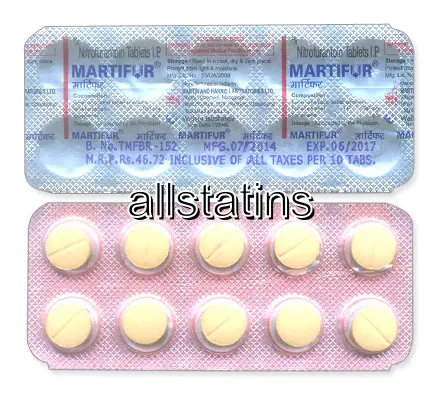| Package | Dosage | Price | Price per Dose | |
|---|---|---|---|---|
| Dosage: 50mg | ||||
| 360 pill | 50mg | NZD915.25 | NZD2.54 | |
| 180 pill | 50mg | NZD472.56 | NZD2.63 | |
| 120 pill | 50mg | NZD355.91 | NZD2.96 | |
| Dosage: 100mg | ||||
| 360 pill | 100mg | NZD646.05 | NZD1.79 | |
| 180 pill | 100mg | NZD376.85 | NZD2.09 | |
| 120 pill | 100mg | NZD293.10 | NZD2.45 | |
| 90 pill | 100mg | NZD242.25 | NZD2.69 | |
| 60 pill | 100mg | NZD176.45 | NZD2.96 | |
| 30 pill | 100mg | NZD104.66 | NZD3.50 | |

Nitrofurantoin Monohydrate Description
Overview of Nitrofurantoin Monohydrate
Nitrofurantoin Monohydrate is a well-known medication commonly used to treat urinary tract infections (UTIs). It belongs to the class of antibiotics known as nitrofuran derivatives. Its primary function is to eliminate bacteria responsible for infections in the urinary system. Many patients appreciate this medication for its effectiveness and relatively manageable side effect profile. It is available by prescription and is often chosen for its targeted action within the urinary tract. The medication is typically well-tolerated, but it is essential to use it as instructed by a healthcare provider to achieve the best results.
Mechanism of Action
Nitrofurantoin Monohydrate works by disrupting bacterial enzymes and inhibiting vital processes within bacteria. When taken, it is quickly excreted into the urine, where it exerts its antibacterial effects. Its ability to concentrate in the urine makes it highly effective for treating urinary infections. The drug is bactericidal, meaning it kills bacteria rather than merely inhibiting their growth. This rapid and targeted action contributes to its popularity for uncomplicated UTIs.
Usage and Dosage
The usual dosage instructions depend on the severity of the infection and patient-specific factors. Typically, adults are prescribed a dose two or four times daily, with the course lasting from five to ten days. It is generally recommended to take Nitrofurantoin Monohydrate with food or milk to minimize stomach upset. Patients should complete the entire course of treatment, even if symptoms improve early, to prevent bacteria from developing resistance. For specific dosing and duration, always follow the healthcare provider’s guidance.
Possible Side Effects
Like many antibiotics, Nitrofurantoin Monohydrate can cause side effects. Most common are gastrointestinal issues such as nausea, vomiting, or abdominal discomfort. Some patients may experience headaches or dizziness. Rarely, more serious side effects like lung reactions, liver problems, or nerve damage may occur, especially with prolonged use. Discoloration of urine, harmless but common, is another side effect patients may notice. It is crucial to inform a healthcare provider if unusual symptoms or allergic reactions develop during treatment.
Precautions and Interactions
This medication should be used with caution in patients with kidney problems, as reduced kidney function can affect drug efficacy and safety. It is also not recommended for pregnant women near term or for infants under one month. Patients taking other medications, especially those affecting renal function or with a history of nerve or lung issues, should consult their healthcare provider before starting Nitrofurantoin Monohydrate. Combining this drug with certain drugs can lead to interactions that may reduce its effectiveness or increase the risk of side effects. Regular monitoring during treatment is often advised.
Patient Reviews and Effectiveness
Many users report positive outcomes after using Nitrofurantoin Monohydrate. It often provides quick relief from urinary symptoms such as burning, urgency, and frequent urination. The success rate in clearing infections is high when used correctly. Some patients mention mild side effects that resolve once treatment ends. Others highlight the importance of adhering to the prescribed regimen for optimal results. Overall, patients find it to be a reliable choice for treating uncomplicated urinary tract infections. However, individual experiences may vary, and consulting a healthcare professional is always recommended for persistent or recurrent issues.